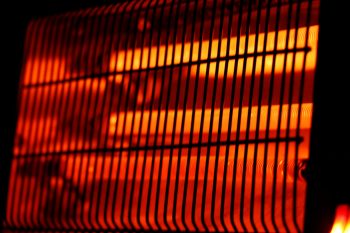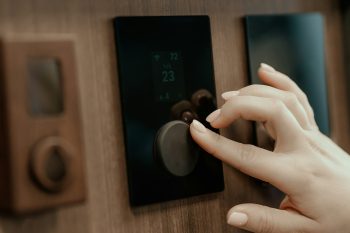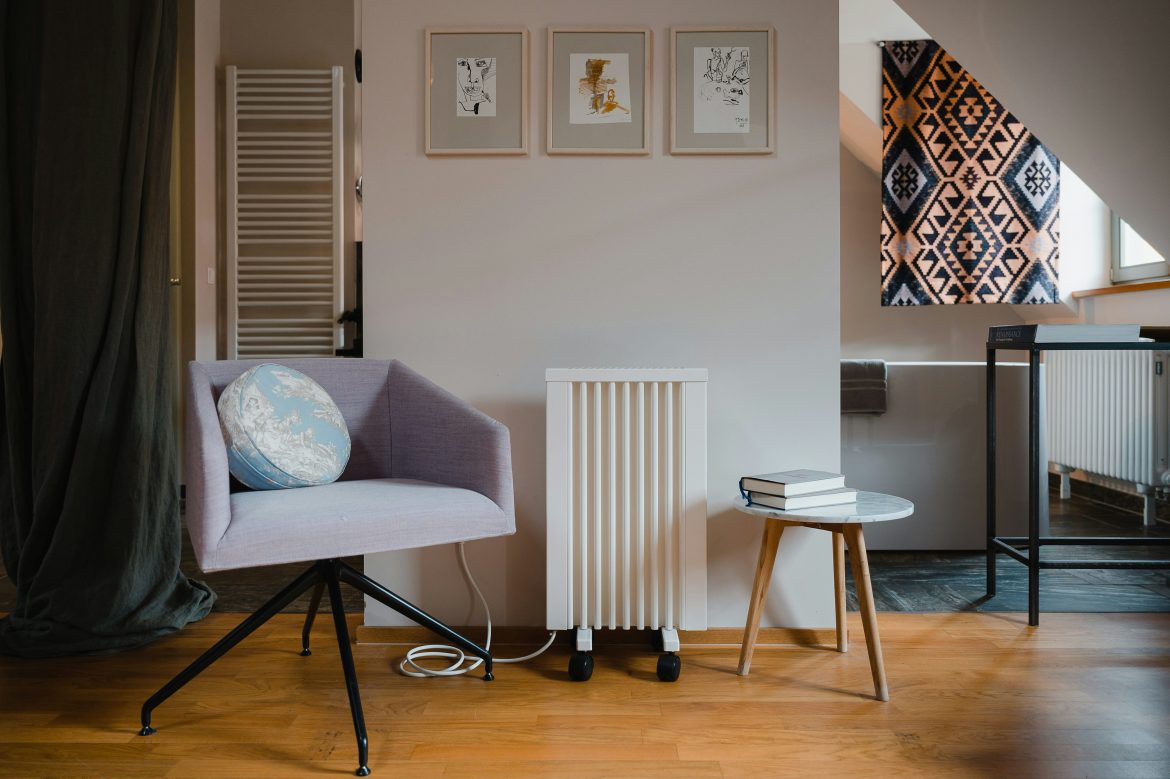As winter makes its icy presence known, making sure that your humble abode stays warm and toasty becomes a top priority. With a large variety of heating options on the market in SA, choosing the right heater can be confusing. We’re comparing different kinds of heaters to help you make an informed decision.
Let’s jump into the different kinds of heaters available on the market, their pros and cons, and how to determine which would be most suited to your household:
Fan heaters
These portable units circulate heated air into a room, providing quick warmth, which is ideal for smaller spaces. With prices ranging from the low price of R300 to R3000 and up, fan heaters are a budget-friendly option.
- Pros: Quick to heat up, energy efficient, portable.
- Cons: Not suitable for large spaces, reliant on insulation.
Radiant bar heaters
Emitting heat through infrared rays, radiant bar heaters are suitable for personal use but not for heating entire rooms. Prices vary from around R600-R800 to over R3000, there are varying options for every budget on the market.
- Pros: Energy efficient, quiet operation.
- Cons: Limited temperature control, only provide targeted heating.

Unsplash / Alirad Zare
Convection heaters
Operating silently, convection heaters draw in cold air, heat it over an element, and circulate it back into the room. Ideal for shared living spaces, prices range from R600 to R5000.
- Pros: Quick to warm up, suitable for entire rooms.
- Cons: Not as energy efficient, can overheat if damaged.
Oil heaters
These heaters, filled with oil that circulates and radiates heat, offer long-lasting warmth and operate silently. Prices start from R800 and can go up to R3000.
- Pros: Long-lasting heat, suitable for larger rooms.
- Cons: Slower to heat up, costly to repair.
Gas heaters
Gas heaters provide convective or radiant heat and are suitable for larger spaces. Prices range depending on the model.
It is worth nothing that gas heaters are generally available in flued and unflued options. Flued gas heaters vent emissions outside via a flue pipe, while unflued ones emit emissions directly into the room. Flued heaters are safer but require installation, while unflued ones are portable but pose potential safety risks.
- Pros: Quick heating, suitable for entire homes.
- Cons: Expensive to purchase and install, potential safety risks.

Unsplash / Huum
Reverse cycle air conditioners
Offering both heating and cooling functionalities, these units are energy efficient but require professional installation. While more expensive upfront (a quote can be provided to you by a professional), they can provide long-term savings.
- Pros: Dual functionality, energy efficient.
- Cons: Expensive upfront cost, require professional installation.
Which heater is the cheapest to run?
Gas heaters and reverse cycle air conditioners tend to be more cost-effective in the long run due to their energy efficiency. However, it is essential for you to consider both short-term and long-term costs before making a decision – do the calculations, first.
Factors to consider before buying a heater
Long-term vs. Short-term Costs: Evaluate upfront costs versus running costs to determine overall affordability.
Energy Efficiency: Research energy ratings to ensure cost-effective operation.
Room Size: Choose a heater suitable for the space you intend to heat.
Versatility: Consider whether the heater can be used beyond the winter season or in multiple rooms.
Depending on your budget, space requirements, and energy efficiency, there are a wide range of heaters available to choose from, on the market. Take the time to explore your options, compare features, and consult with heating experts to ensure you make the best choice for a warm and toasty winter season.
ALSO SEE:
Feature Image: Unsplash / e24

